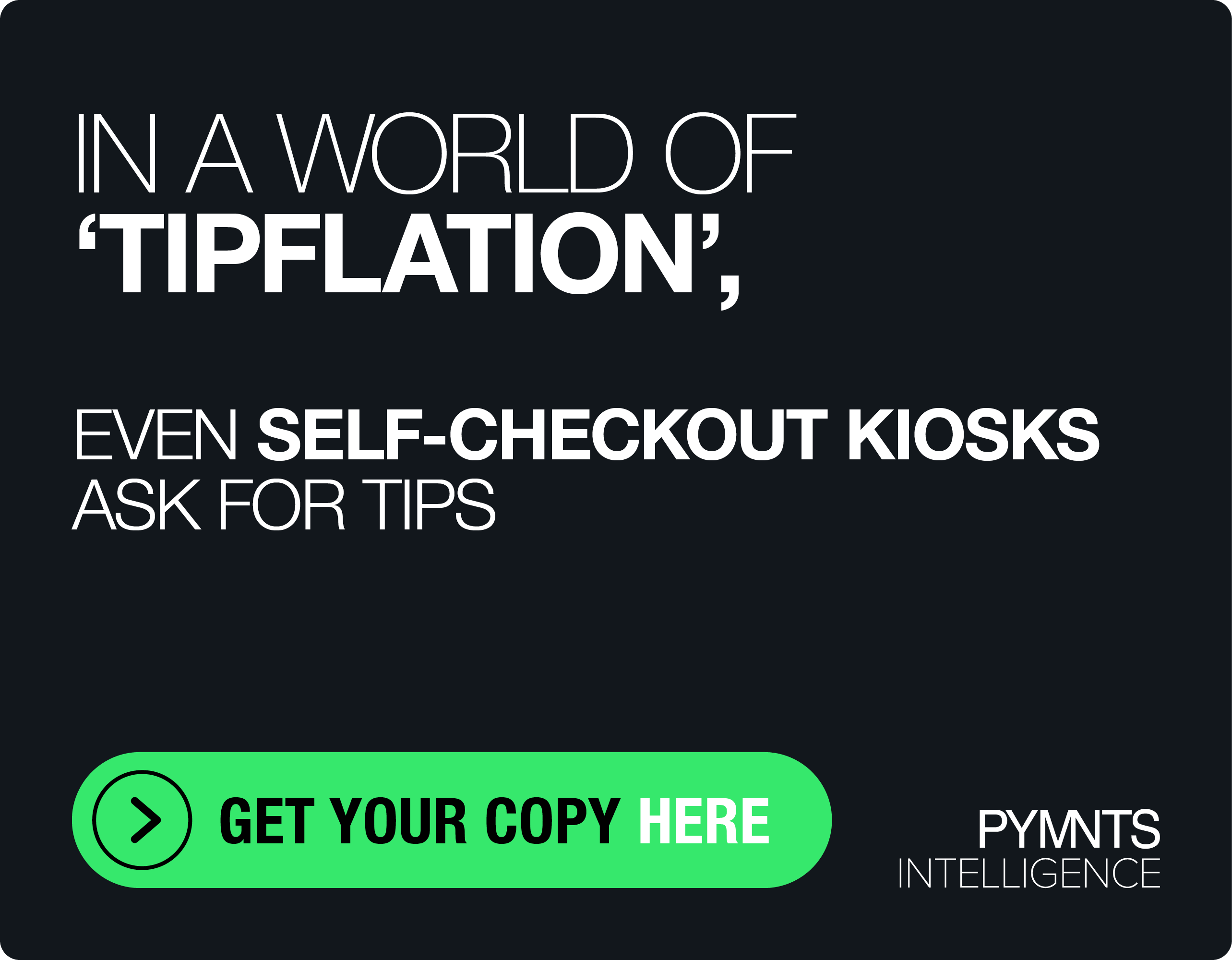B2B SaaS Platforms Use Customer Health Scores to Drive Profitable Growth

Software-as-a-Service firms promise to revolutionize B2B.
Cloud-based software offerings and products can help enterprises modernize all manner of back-office functions, from accounting to customer relationship management.
For the SaaS providers themselves, though, there are some challenges: Internal product teams are tasked with consistently delivering value to clients, boosting SaaS conversion rates, and making sense of where their efforts should be focused to drive SaaS growth and maximize revenues.
In an uncertain macro environment, knowing what to do next is less than crystal clear.
As Coho AI CEO Itamar Falcon told PYMNTS’ Karen Webster, “we’re in a period of change for the SaaS market.”
Hyper-growth may have once been in the cards, but longer sales cycles have become hallmarks of business spending. Right now, he said, SaaS firms are focused on guarding the relationships that are already in place and on doing more with less in terms of their own operations.
That’s especially true for younger SaaS platforms that may have a broad range of small, medium and large business customers. They lack the manpower and monetary resources of their larger brethren who may enjoy the benefits of lucrative (and larger) annual contract values. The industry giants can, at least hypothetically, throw money and salespeople at any customer retention issues.
The potential to maximize SaaS relationships is there — through analyzing the behaviors of the SaaS customers themselves.
“Go-to-market teams have a tremendous amount of data available to them — but it’s hard for them to actually utilize this data….especially for the purposes of advancing the [business] customer’s journey,” Falcon said.
With the right information and analysis in hand, product-usage data can positively impact the financial health of the SaaS provider, and improve end customer engagement in the meantime.
Tracking SaaS Customer Engagement
In terms of the mechanics, the company’s platform uses advanced analytics and machine learning to track SaaS customers’ engagement. The data can include (but is not limited to) session length, to frequency of interaction or whether users are clicking on a certain button as they navigate workflows. The data itself is sourced from several areas within the SaaS itself, including customer service, sales and support.
The platform’s algorithm, Falcon told Webster, measures the value the user extracts from SaaS products. Current SaaS firms in Coho AI’s customer roster hail from a broad range of verticals, including cloud computing, security and HR technology.
Coho AI’s “customer observability” platform generates a “customer health score” and a dashboard to ensure clients are using the SaaS platform to its fullest potential. The health score also gives insight into whether SaaS customers are successful in achieving their desired outcomes using a provider’s offerings, pinpointing friction the customer may be experiencing and giving rise to proactive steps that reduce churn and identify upselling and cross-selling opportunities (call it a form of product-led revenues).
The platform creates what Coho AI says is “a single source of truth” for go-to-market teams and a 360 degree overview of every user and account — in real time.
The conversation with Webster came just days after Coho AI said that it had raised $8.5 million in a seed funding round led by Eight Roads, and which included TechAviv and angel investors.
Through the next year, Falcon said, the company will be accelerating its go-to-market efforts, with new platform features to be introduced within the next quarter.
“We’re taking an approach of visualizing and understanding the value that’s created from a [SaaS] product,” he told Webster.
